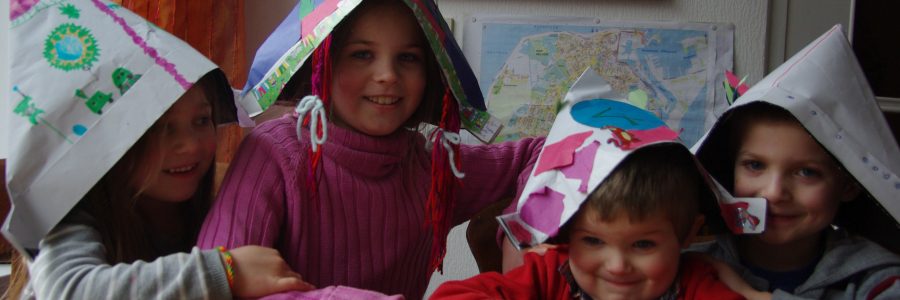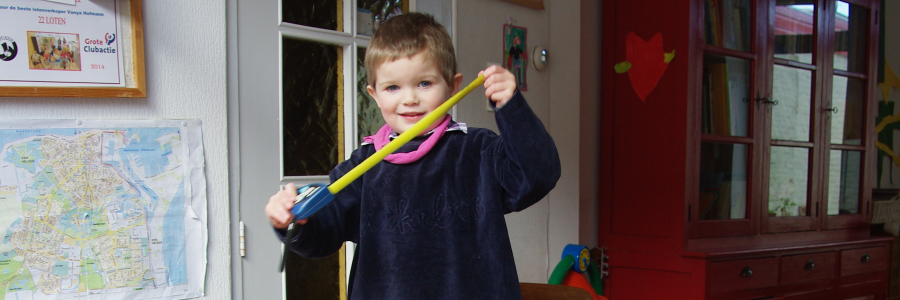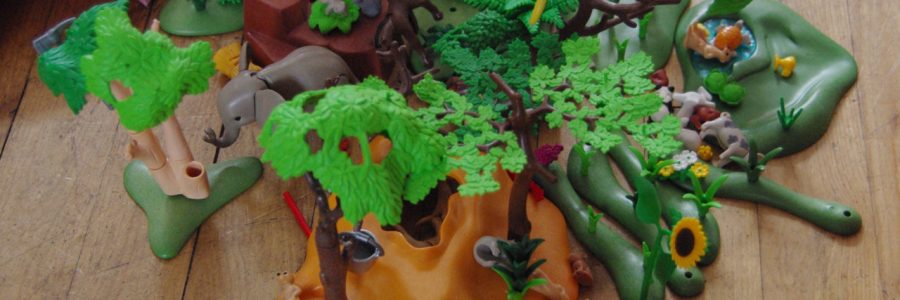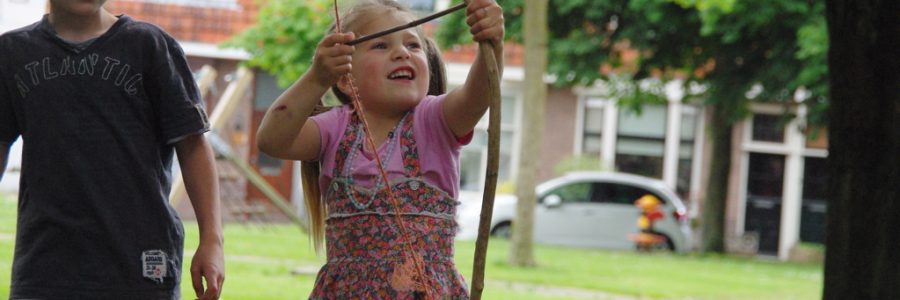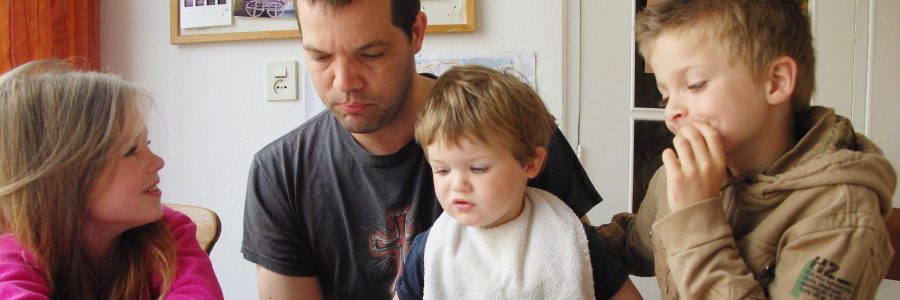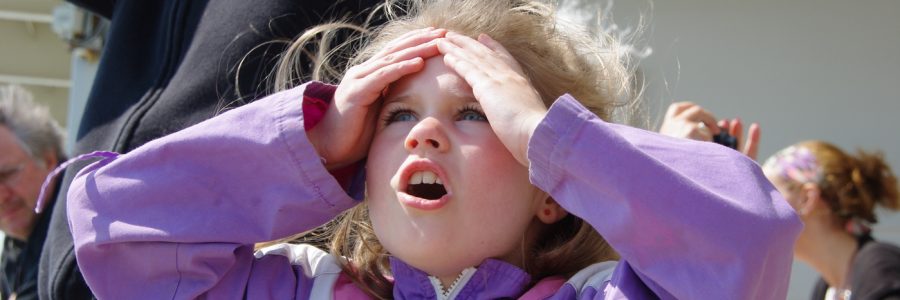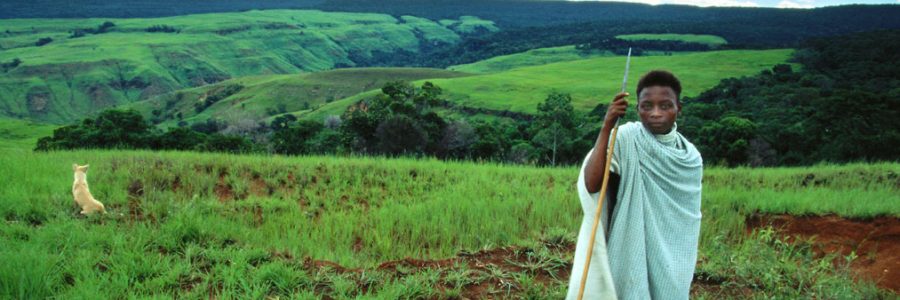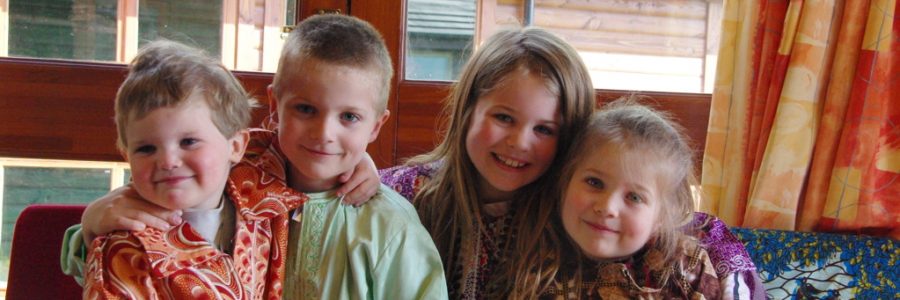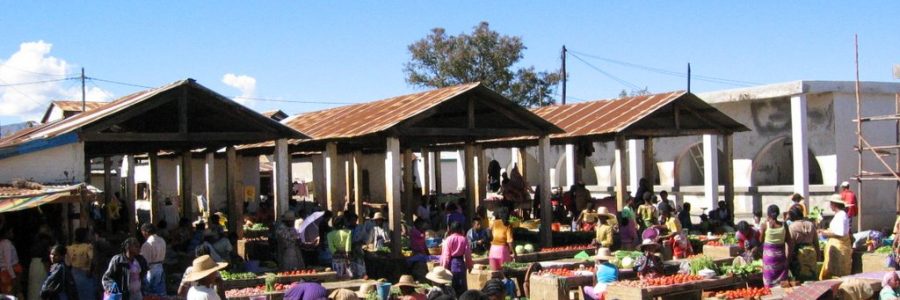Chronological Biblestorying almost sounds like telling fairy-tales. This however, cannot be further from the truth. I (Jurgen) attended this course, given by Wycliffe at the Redcliffe college (UK), and if one thing needs to be said it will be that telling stories is a worthy way of education.
In the West we are used to learn from books. Obviously some things are learned by experience but from the moment one enters a school-building that person knows one thing for sure: From now one you will have to read, write and read again. This is because our culture is completely literate orientated. The opposite can be seen among people who are illiterate. In the year 1998 16% of the world’s population was illiterate and Unicef predicted that this percentage will rise.1 We have negative connotation when we think of illiteracy and thus we spend many years learning how to read and write.
Still, there are many cultures in which people do not mind that they can not read or write. Their education methods are more orientated on experience and imitating others. Often they transfer knowledge through (old) stories. Where did our ancestors come from? Why did we become shepherds? Against who did we wage war and how did we solve it? The stories are often a bit adjusted to make it more understandable. These cultures are orally orientated. So do not think you can make them happy with a book because it does not say a thing to them. When you offer to tell a good series of stories however, big chance that they will come with the whole village to listen.
So, why this course, when we can read to them out of the Bible? To answer this question let me suggest that you image that you are going to the cinema. There is a great film playing and you already look forward being drawn into the adventures of the people in it. But wait, the film is not playing and the director climbs the stage and, instead of showing the film, he is willing to read the script to you. Most likely, depending on his reading skills, you are not thrilled. The script contains many details and these are only understandable when you see it on screen. Now, we cannot compare the Bible with a film but the idea behind this example can.
The course aimed to teach how to stay close to the Bible and at the same how to adjust certain details to make it more understandable. This is different from reading the stories literally. Some details can come across different from what it actually means. For example: We had to learn the story of Zacheus (Luke 19). Sometime during the course a man was invited in. He was not a believer and hardly knew the Bible. He listened to the story and afterwards we asked him what his thoughts were. Surprisingly he got stuck with this aspect of Zacheus being bullied by the people. What did he do wrong? Was he not just doing his job? For our guest this was the main theme, which was bad because the crux of the story is that people need to be restored to God. After some adjustments we have tried it a second time and the next person grasped the essence of the story right away.
A second example was about a culture where, in the stories, the hero always appeared at the last moment. This way the hero could save the day when everything seemed lost. One day, missionaries started to tell the Bible stories. They also told the story where Satan tempted Jesus in the desert (Matthew 4). This was very disturbing for the people as in this story it was Satan who came last. According to their ‘rules’ he, Satan, had to be the hero! That could not be right… could it?
You will understand that thorough preparation and a good understanding of where to give extra explanation is important. These and other suggestions where given during this course. The week was very intensive. To get a good understanding of how oral orientated people learn we were discouraged to take note or even read books on the topic. Among the students were five other workers from Africa Inland Mission, which was unexpected but very nice.
Telling stories is an interesting discipline which will not suit everybody. That is why we also learned how craft the stories and to teach others to tell them. This is very useful when one comes to an area where one does not speak the language. In those situations you can teach a native speaker how develop a series that is relevant and understandable for the hearers.
All in all, the course was very good and we believe it to be a good preparation for our work on Madagascar.
Here are some examples to watch:
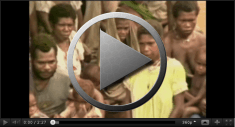
Ee-taow. In this documentary you see what happens to a tribe who gets to know Jesus after a whole series of Biblestories.
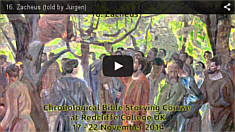
This is the adjusted version of Zacheus told by Jurgen.

Ruth and Naomi (Ruth 1).

The Phillipian jailer (Acts 16:11-40).
1. http://www.infoplease.com/encyclopedia/society/illiteracy-world-illiteracy-rates.html

